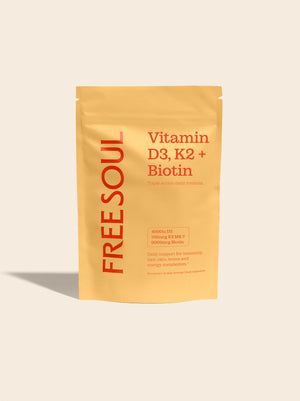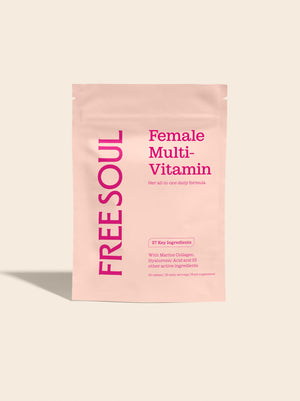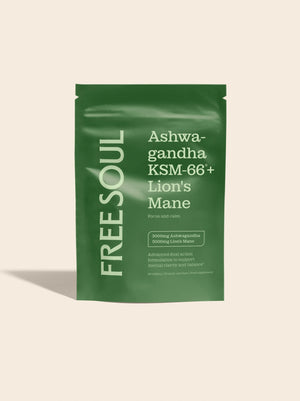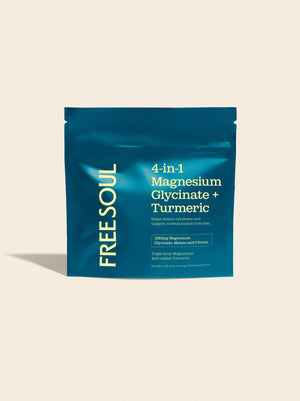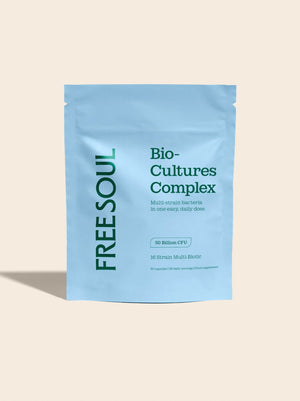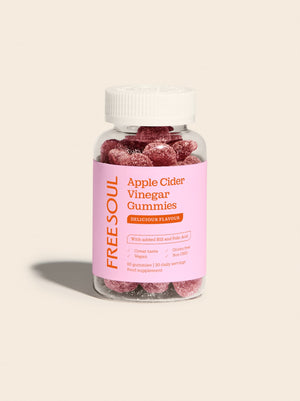30 plants a week is the latest buzz phrase when it comes to nutrition – Registered Dietitian, Nicole Keeling explores whether this is just another diet fad or a beneficial approach to health?
The demands of the daily grind often lead to repetitive meals, we gravitate towards what we know and consume the same quick and easy meals each day.
The concept of consuming 30 different plants a week stems from the idea of promoting diversity within the diet. While there is not a rigid scientific rule advocating for exactly 30 plants, the concept is grounded in the understanding that a variety of plant-based foods provides a broad spectrum of essential nutrients, antioxidants, and other bioactive compounds.
1. Benefits of diversity
The gut microbiome thrives on plant based variety. In order to achieve optimal gut health, we need to keep our gut bacteria happy and support a diverse range of different gut bacteria.
Eating a variety of foods ensures that you get a broad range of essential nutrients. This supports overall health and contributes to the proper functioning of the gut. A varied diet will lessen the likelihood of certain vitamin and mineral deficiencies.
A diverse plant-based diet has been associated with a lower risk of chronic diseases such as heart disease, diabetes, and certain cancers. Plant-based foods are also rich in fibre, promoting satiety and supporting weight management.
Certain plant compounds have been linked to improved mood and cognitive function with evidence suggesting reduced risk of conditions affecting our mental health or diseases such as dementia and Alzheimer’s.
2. Why 30 plants?
The "30 plants per week" guideline serves as a practical and memorable goal to encourage people to move beyond a limited set of staple foods and explore a broader range of plant-based options.
The number ‘30’ may seem intimidating and difficult to achieve however we urge you to think beyond simply fruit and veg – nuts, seeds, herbs, spices and legumes all count as part of this goal.
3. Prebiotics
Certain plants are a great source of prebiotics which act as the food for the probiotics (live bacteria). Prebiotics, found in foods like garlic, onions, asparagus, and bananas, contribute to the overall balance of the microbiome.
4. Probiotics
Probiotics are live microorganisms that offer health benefits to their host – i.e. humans. You’ll often hear of them as the ‘good’ or ‘friendly’ bacteria due to the positive role they play in our health.
Probiotics contribute to a healthy gut microbiome, helping to maintain a balance between beneficial and harmful bacteria. They can be found in certain foods or via supplementation. Probiotic rich foods include sauerkraut, kimchi, yoghurt, kefir, miso and tempeh.
5. Think beyond the gut
Yes, incorporating a diverse range of plant-based foods not only promotes gut health and alleviates gastrointestinal symptoms but also enhances overall health and well-being.
Phytochemicals are natural compounds found in plants that contribute to their flavour and colour. There are thousands of different phytochemicals, and they can be categorised into various classes, such as flavonoids, carotenoids and polyphenols.
Many phytochemicals have antioxidant properties, which means they help neutralise harmful free radicals in the body. Free radicals are molecules that can damage cells and contribute to ageing and various diseases. Certain phytochemicals are also anti-inflammatory thus preventing certain diseases such as metabolic syndrome and certain cancers.
6. Feeling overwhelmed by the number 30? Here’s the good news
Basically anything that comes from a plant counts as a ‘plant food’. Fruits and vegetables are the obvious choices but don’t forget things like wholegrains, pulses, seeds, nuts, mushrooms, beans, herbs and spices. These all count as part of your ’30 plants per week’.
If you’re still struggling to reach this goal, or simply want to give your gut and health that extra boost, Free Soul Mango Greens is here to help. It is packed with an impressive mix of 21 different plant-based ingredients in just one serving and is GMO and gluten free. The greens support healthy digestion with fibre-rich ingredients. You can enjoy the delicious mango greens with just water, or add to smoothies, plain yoghurt or in fruity oats recipes.
7. Some extra ways to include more plant-based variety in your diet
- Add fermented foods like pickles and sauerkraut to your salads
- Include a mix of fruits, vegetables, and leafy greens in your smoothies
- Fresh herbs like coriander, basil, and parsley can contribute to your plant count
- Make salad dressings from tahini or miso
- Sprinkle seeds on yoghourt, oatmeal, or salads for a nutrient boost
- Rotate your leafy greens to ensure you get a mix of nutrients
- Infuse water with cucumber, berries, or citrus fruits
- Experiment with flours made from pulses, such as chickpea or lentil flour, in baking or cooking
- Make veggie burgers using a variety of beans and lentils
- Incorporate sprouts like alfalfa or broccoli sprouts into salads, wraps, or sandwiches
For more on the 30 plants per week challenge and gut health, listen to my podcast on Spotify: Gut health: The links to obesity, mental health, immunity and how you can improve your gut microbiome, ep 51, The Body Smart Podcast.



